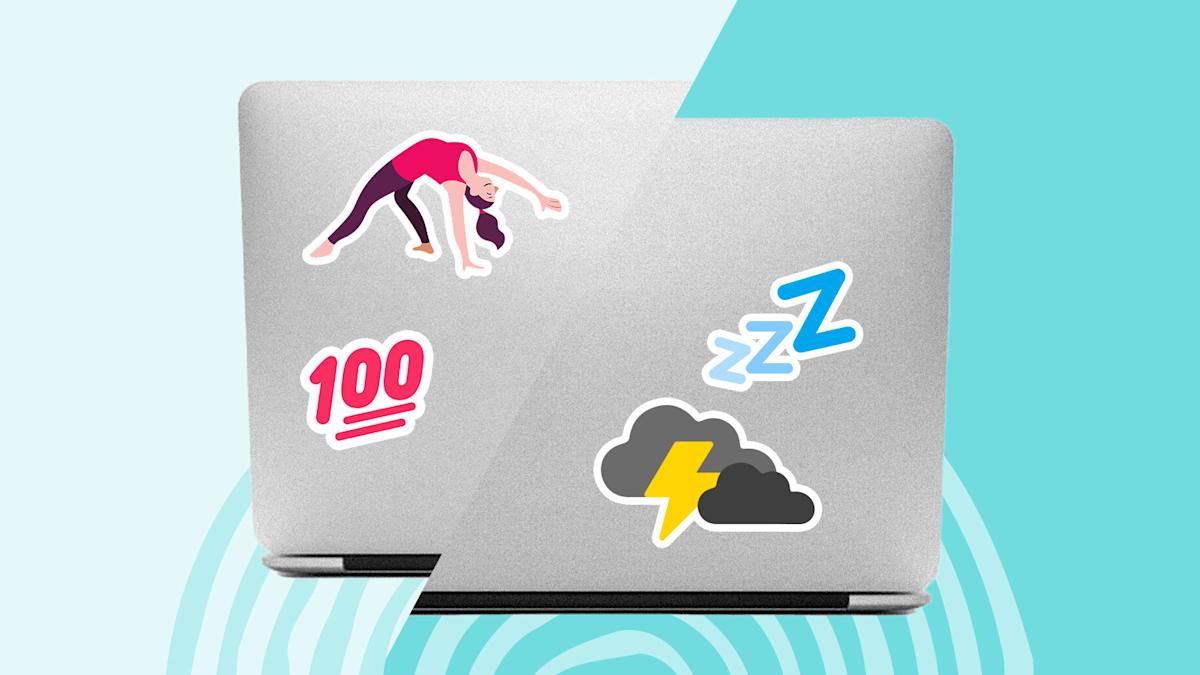How stigma affects our wellbeing at work
Supporting better sexual health can help our mental health, wellbeing and work.

Last month we celebrated World Mental Health Day. This year's focus was prioritising mental health in the workplace. Our social media feeds were overflowing with personal stories and positive messages. One post from the World Health Organisation really stood out to me - this reel shows how an employee can talk to their boss about their mental health. Just, wow!
Although we’ve made a lot of progress, I thought about how these discussions are still stigmatised in the workplace. Many of us would be nervous to talk to a manager about our emotional health. And conversations around our sexual health are unthinkable, again because of stigma.
Stigma is the set of negative beliefs that we have about something. It can impact our ability to speak honestly and seek support when we need it. When people internalise these beliefs, they feel shame. And this does a lot of harm to our mental health and wellbeing, it becomes a vicious cycle that’s hard to break.
Those of us who sit outside of the mainstream, in terms of our gender, our sexuality or our HIV status, can face an even greater amount of stigma. This can be in the form of discrimination, rejection and violence, but also internalised guilt and shame. If people cannot speak out or get support in these situations, it can lead to mental health challenges such as depression, anxiety and suicidal ideation.
It’s becoming increasingly important to end this cycle of stigma. More and more people are being affected by STIs and struggling to access the services they need to manage their sexual health. The most recent data shows STI rates are at record levels and severe inequalities are faced by young people, women, LGBTQ+ and people from deprived households. If we can’t talk about our sexual health, the more shame and stigma we feel and the harder it is to get help when we need it.
Women experience additional inequalities, as they bear a disproportionate responsibility for preventing pregnancy and may need to manage lifelong reproductive conditions like periods and menopause. Most women and people who menstruate will do so for nearly 40 years, and they’ll need to use reliable contraception for most of this time to prevent unplanned pregnancies.
Most unplanned pregnancy is a result of inconsistent or incorrect use of contraception, rather than no contraception at all. This is closely associated with poor information and barriers to accessing contraceptive services.
There’s more to sex than reproduction, of course. It’s a way for us to experience pleasure, which is essential to our happiness and wellbeing. The benefits extend far beyond the stress relief from an orgasm to include deepening our intimacy, improving our productivity and reducing depression. But even though sex, sexuality and desire are a big part of our lives, we don’t talk enough about the positives or the negatives.
The effect on our work
Most of us - 75% of people over the age of 15 - will spend the majority of our daily lives at work. It can be where we find a lot of joy and purpose. At the same time though, it’s not easy to maintain a work-life balance alongside our individual health and wellbeing. The latest official data shows we’re taking more time off sick than ever. And stress, anxiety and depression account for almost 70% of all days off.
So we need a more holistic approach to health that acknowledges that all of our parts are connected. Being unwell in one area can affect others, and this imbalance can result in stress and overload.
For example, someone’s mental health will be affected by their sexual health. An unplanned pregnancy, STI, unhealthy relationship or hormonal changes will impact your mood and how you show up at work. Especially if you’re affected by the stigma and shame so often attached to sex and sexuality.
What can be done?
Wellbeing is important for work. When employers support the mental health and wellbeing of all employees, and foster an ethos of accepting and celebrating our differences, they can boost morale, lower absenteeism and improve engagement.
At SH:24, we believe that breaking down the barriers to accessing services and encouraging open and honest conversations about our health can end stigma and empower people to take control of their sexual health. But also, to seek out and enjoy sexual pleasure.
Our national #TalkMoreTestMore campaign throughout September and October this year was aimed at tackling the shame and embarrassment around sex and sexual health.
More can be done in the workplace to support those who bear the burden of sexual and reproductive health inequalities. Digital services like ours can be a way around the stigma, time and cost of accessing in-person services. They provide access to accurate information, supportive resources and personalised clinical support, which can help to reduce anxiety and promote a sense of autonomy, leading to more positive mental health.
If you agree, check out our new service Fettle for Employers, powered by us at SH:24, and contact us if you would like to find out more.
Looking for something more?
Since 2014, SH:24 has been making it easier to manage your sexual health with our free, online services. All delivered in partnership with the NHS.
All our information and articles are written by the SH:24 team and reviewed by medical experts.
Learn what symptoms to look out for, where to get tested and how to keep yourself safe from STIs.
From pills to patches, check out our guide to 14 different methods of birth control.




